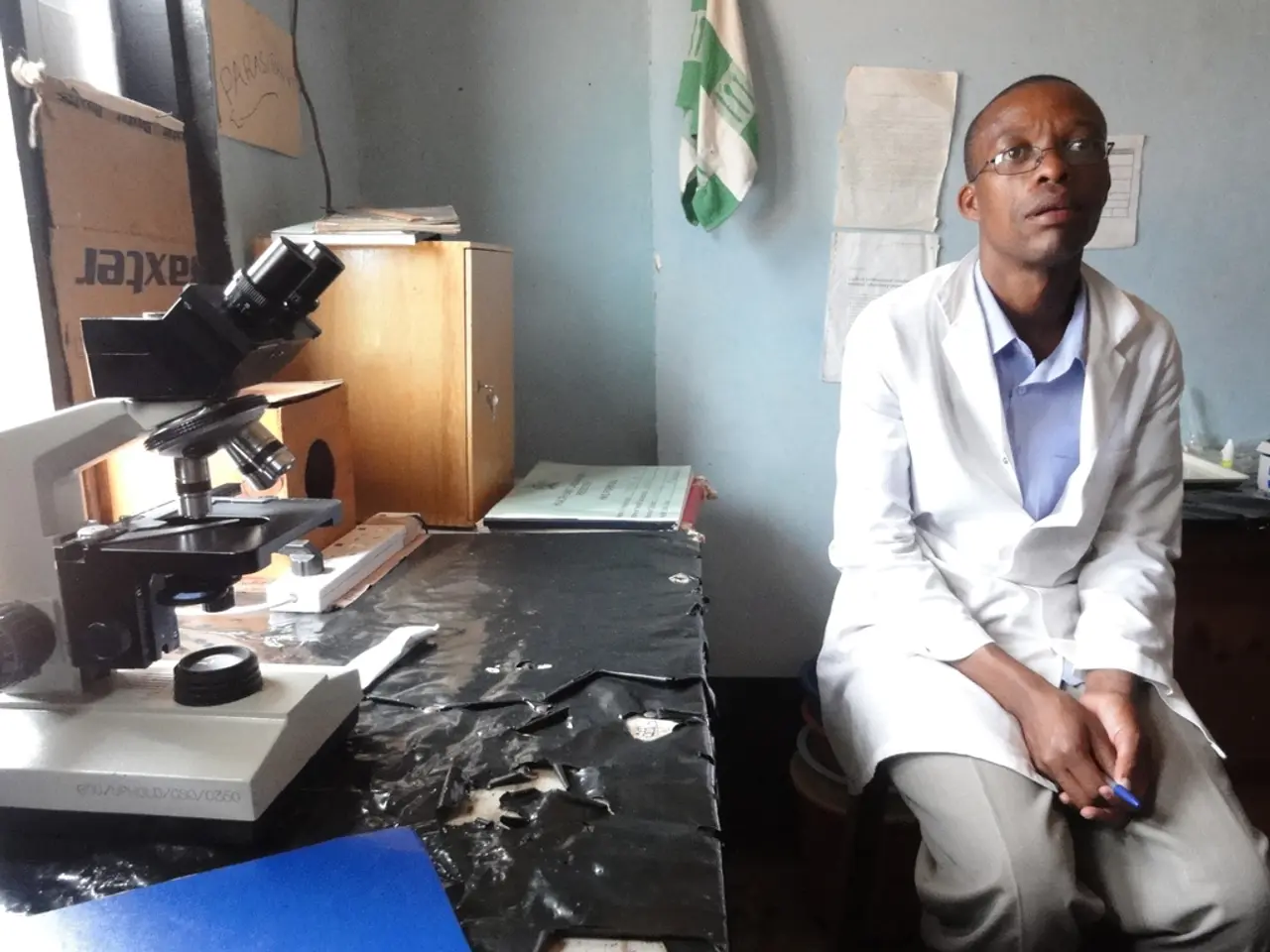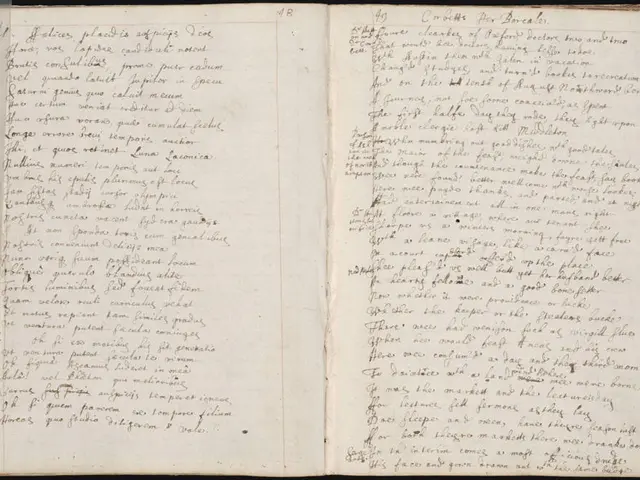University of Hamburg is scrutinizing the doctoral dissertation of Frauke Brosius-Gersdorf.
The plagiarism allegations against Frauke Brosius-Gersdorf, a candidate for Germany's Federal Constitutional Court and professor affiliated with the University of Hamburg, have been investigated and found to be false. The controversy surfaced just before the planned election to the court in July 2025, leading to significant political opposition and the postponement of her election.
Key points about the investigation process and aftermath include:
- The University of Hamburg clarified that the plagiarism accusations were unfounded and did not directly accuse Brosius-Gersdorf herself.
- Nearly 300 legal scholars signed an open letter condemning the plagiarism allegations as "implausible" and "untruths," defending Brosius-Gersdorf's professional reputation strongly.
- The opposition to her candidacy was reportedly fueled by ideological lobbying and campaigns containing defamatory claims, which influenced parliamentary members and led to the withdrawal or postponement of her nomination.
- Following the clearing of plagiarism concerns, SPD leadership continued to support her nomination, urging the Bundestag to move forward with the vote.
- The disruption delayed filling multiple constitutional court vacancies, intensifying political and institutional tensions.
During the investigation, an external scientific expert opinion was obtained to assess the allegations. Brosius-Gersdorf had commissioned a short expert opinion herself prior to the formal investigation. The ombuds committee will evaluate the overall situation based on the expert opinion, all available information, and documents.
The allegations against Brosius-Gersdorf also extended to her husband, Hubertus Gersdorf, who is now working at the University of Potsdam. Hubertus Gersdorf's habilitation thesis, submitted to the same university in the summer semester of 1998, was also under scrutiny.
The investigation was conducted in accordance with the principle of the presumption of innocence. If the allegations meet the criteria mentioned in the statutes, a formal ombuds procedure will be initiated to pre-examine the allegations.
It's worth noting that similar allegations were previously reported against a professor at the University of Leipzig. The Berlin "Tagesspiegel" had previously reported these allegations against the professor at the University of Leipzig.
References: 1. The Guardian 2. Deutsche Welle 3. BBC News
- The ombuds committee will evaluate the allegations of plagiarism against Frauke Brosius-Gersdorf, considering an external scientific expert opinion, available information, and documents, in line with the principle of the presumption of innocence.
- The controversy surrounding Brosius-Gersdorf's husband, Hubertus Gersdorf, working at the University of Potsdam, has extended to his habilitation thesis, prompting scrutiny, as happened with a professor at the University of Leipzig earlier, as reported by the Berlin "Tagesspiegel".







